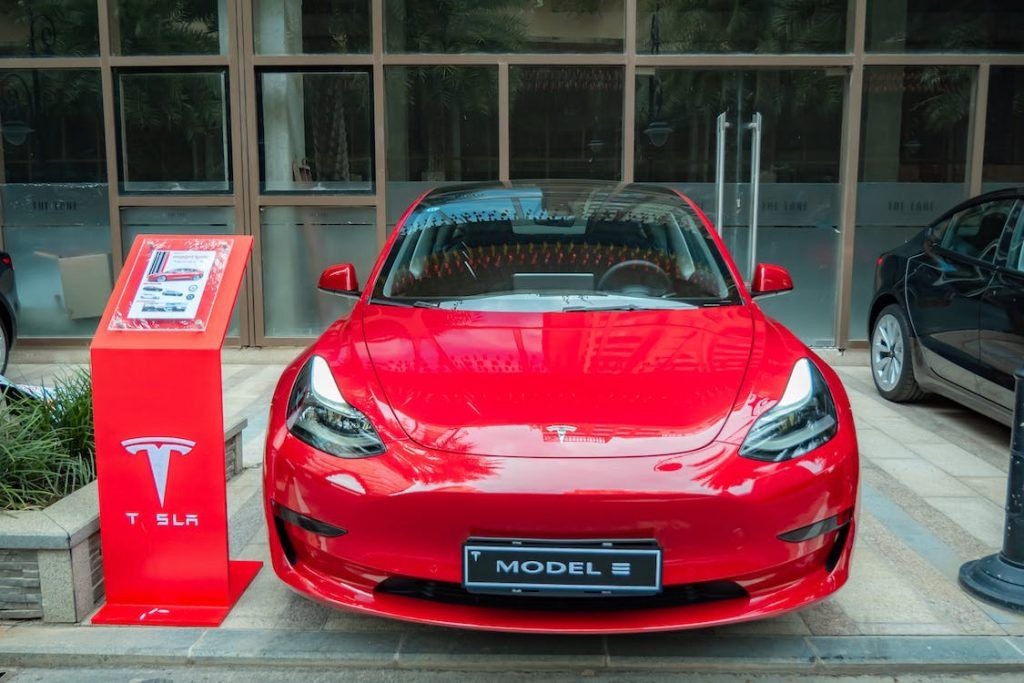Tesla recommended greater transparency from Mexico in the USMCA and improved consistency in verification and enforcement between Mexico, the United States, and Canada in implementing this trade agreement.
Specifically, the company considered that greater transparency is needed from Mexico with regard to enforcement and audits so that strong and healthy trade relations can continue under the USMCA.
Mexico in the USMCA
Tesla recommended these points in a letter sent to the U.S. Trade Representative (USTR) as part of the joint review of the USMCA, scheduled for no later than July 1, 2026.
“We urge the USTR to ensure that Mexico uses the same review standards as Canada and the United States,” it added in the letter. “It is essential that all three nations fully comply with the USMCA requirements to ensure that the agreement is delivering the intended results.”
Tesla proposed moving forward on two key fronts. First, it called for the adoption of common charging standards for electric vehicles. In doing so, it seeks to strengthen the integrated North American automotive market and facilitate cross-border travel.
In addition, he recommended that the parties adopt the North American Load Standard, also known as J3400 from the Society of Automotive Engineers, as the sole reference for light vehicle trade. Therefore, he suggested limiting or even halting the development of other standards.
He then raised a second point. Tesla supported agreements aimed at recognizing and aligning U.S. Federal Motor Vehicle Safety Standards. It also asked the USTR to reaffirm that Mexico will continue to comply with measure NOM-194-SCFI-2015. Overall, the harmonization of standards strengthens the North American automotive sector.
Profile
Tesla also recalled its history. The company was founded in 2003 as a startup focused on electric vehicles. Over time, it grew to consolidate its headquarters in Texas and develop large mega-factories in California, Nevada, New York, and Texas. Today, it employs more than 70,000 people. In addition, its manufacturing ecosystem encompasses electric transportation models, energy storage and generation systems, humanoid robots, tools and dies, as well as the refining of critical minerals and the development of the software that supports each process.

